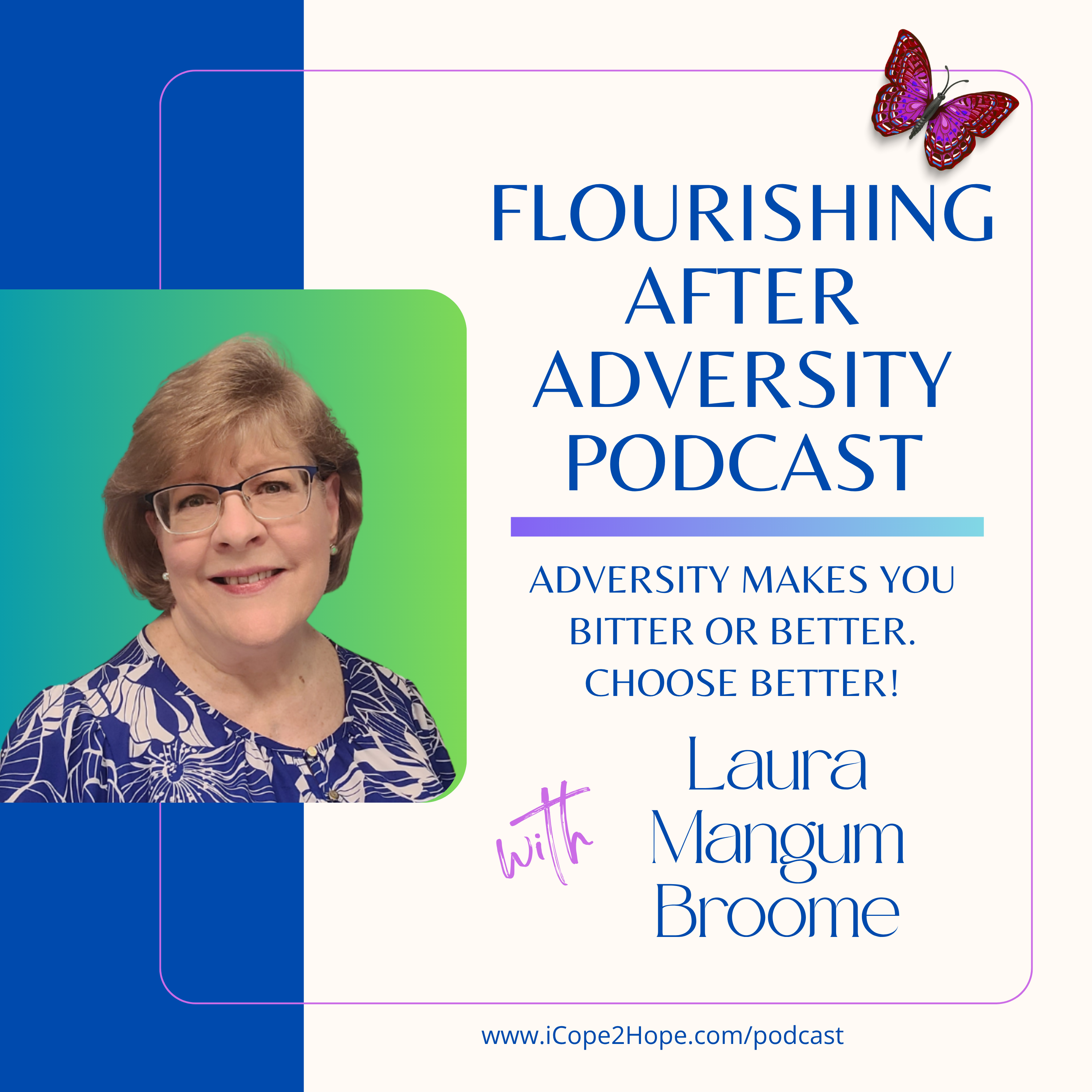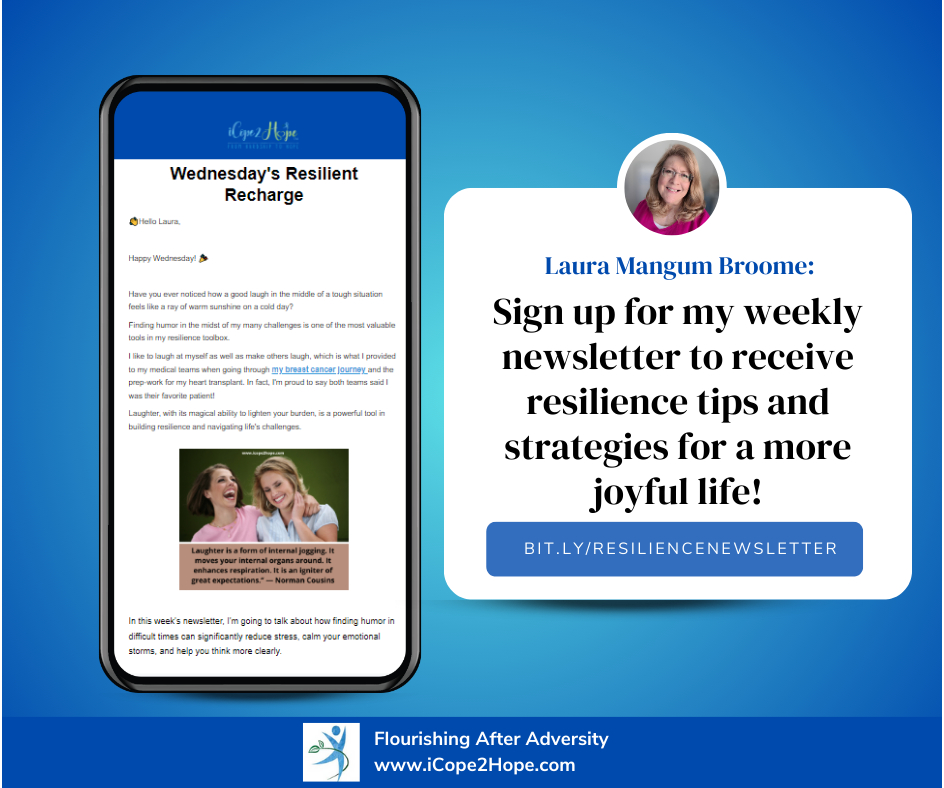Finding Wisdom in Regret: Learn and Grow from Past Decisions

Regret is a complex, universal emotion that often holds us captive to our past.
However, it also has the incredible potential to be a catalyst for significant personal growth.
This blog post is designed to help you navigate the murky waters of regret, to transform those feelings of disappointment into a source of wisdom.
Here, we will explore how your past decisions, no matter how seemingly imperfect, can be harnessed as powerful lessons for a fulfilling future.
Understanding Regret
Regret is often viewed as an unpleasant, even debilitating emotion.
It typically arises from past decisions that didn't yield the results we had hoped for, be it in personal relationships, career choices, or missed opportunities.
This emotion can take a psychological toll, leading to stress, sadness, or anxiety.
However, by reshaping our perspective, we can turn regret into a useful tool for personal development.
The Role of Regret in Our Lives
Regret, when viewed constructively, can play a crucial role in our lives. It can serve as a reflective tool, allowing us to gain valuable insights about ourselves and our decision-making patterns.
More importantly, regret can serve as a driving force for personal growth, pushing us out of our comfort zone and encouraging us to take positive actions.
Experts argue that regret is a critical component of emotional intelligence and can bring about meaningful life changes.
How to Transform Regret into Wisdom
Transforming regret into wisdom begins with non-judgmental self-reflection. By objectively revisiting our past decisions, we can identify what went wrong and why.
From here, we can extract valuable lessons, understand our growth areas, and plan for a brighter future.
At times, our regrets may also point towards the need for making amends. If possible and appropriate, rectifying past mistakes can lead to emotional relief and can be a transformative experience in itself.
Case Studies
Consider these inspirational individuals who transformed their regrets into life-changing lessons:
1. Thomas Edison: Edison famously said, "I have not failed. I've just found 10,000 ways that won't work." Despite facing numerous rejections and setbacks while trying to invent the electric light bulb, he never succumbed to regret or despair. Instead, he viewed each unsuccessful attempt as a stepping stone towards success. His resilience and refusal to give up in the face of adversity eventually led to one of the most significant inventions of the 19th century.
2. Abraham Lincoln: Before becoming one of the most revered Presidents of the United States, Abraham Lincoln faced a series of devastating defeats and personal losses. He failed in business, lost multiple runs for public office, and suffered through severe depression. However, instead of succumbing to regret, Lincoln drew strength and wisdom from his past failures. His resilience propelled him to persist until he achieved his goal of preserving the Union during the Civil War and ending slavery.
3. Walt Disney: Walt Disney, one of the most significant figures in the entertainment industry, faced his share of failures and regrets. He was fired from a newspaper for "lacking imagination" and his first animation studio went bankrupt. However, Disney learned from these early setbacks. He harnessed his experiences and the lessons learned into creating a global empire that continues to entertain and inspire millions worldwide.
These three individuals show that by reframing regrets as learning opportunities, one can transform disappointments into incentives for triumph and personal growth.
Strategies for Dealing with Regret
Regret, despite its negative meaning, can be a powerful motivator for personal growth when addressed effectively. Below are some strategies to help you transform your regret into a tool for self-improvement:
1. Acknowledge Your Feelings: Recognize and accept your feelings of regret instead of suppressing or ignoring them. It's okay to feel regretful; it's a natural response to situations that didn't go as planned.
2. Express Yourself: Use healthy outlets to express your regret. This could involve talking to a trusted friend or professional, journaling, or creating art. The aim is to process and release the negative feelings associated with regret.
3. Practice Self-reflection: Reflect on what caused the regret. What decision did you make or not make? What were the consequences? The goal isn't to dwell on these past actions, but to understand what led to them.
4. Identify Lessons: Extract lessons from your past decisions. Every experience, good or bad, brings with it the potential for learning. Identify what you can learn from your regrets and how you can use these lessons to make more informed decisions in the future.
5. Implement Changes: Use your new-found wisdom to make changes. If you regret not taking care of your health, start a healthy diet and exercise routine. If you regret losing contact with a friend, reach out and reconnect.
6. Make Amends if Possible: If your regret stems from wronging someone else, consider making amends. This could involve an apology or restorative actions. However, remember to respect the other person's boundaries and feelings.
7. Practice Forgiveness: Forgive yourself for past mistakes or poor decisions. Everyone makes mistakes, and it's important to treat yourself with the same compassion and understanding you'd offer to others.
8. Maintain a Future-focused Mindset: While it's important to learn from the past, it's also crucial to keep your focus on the future. Use your regret as a stepping stone to create a future that aligns with your values and aspirations.
9. Seek Professional Help if Needed: If your regret feels overwhelming or leads to chronic stress or depression, don't hesitate to seek help from a mental health professional. They can provide you with the tools to process and cope with your feelings in a healthy way.
Remember, the goal isn't to erase or forget your regret, but to transform it into wisdom and growth. By applying these strategies, you can turn your past disappointments into powerful lessons for a brighter, wiser future.
Conclusion
Regret isn't merely a negative emotion to be avoided or feared. It is a part of our emotional repertoire that, when harnessed effectively, can pave the way for a growth mindset and enhanced decision-making.
The wisdom in regret lies in its transformative power – turning past disappointments into stepping stones for a brighter, wiser future.
As you navigate your own path, consider embracing your regrets not as anchors, but as compasses, guiding you towards your best self.
What is one decision from your past that you often regret?
Grab Your Free Guide!
The Reframe the Spiral: 5 Coping Strategies to Shift Negative Thoughts & Reclaim Your Day workbook walks you step-by-step through 5 proven mindset strategies to help you stop negative thoughts in their tracks and reconnect to your strength. You'll learn how to:
- Stop letting your inner critic lead your day
- Discover clarity despite chaos
- Calm intense emotions
- Rebuild your self-trust and confidence
- Create a plan for real possibility
Stay connected with news and updates!
Join our mailing list to receive the latest tips and proven coping strategies to strengthen your resilience. You CAN turn obstacles into opportunities and flourish in life.
We hate SPAM. We will never sell your information, for any reason.



